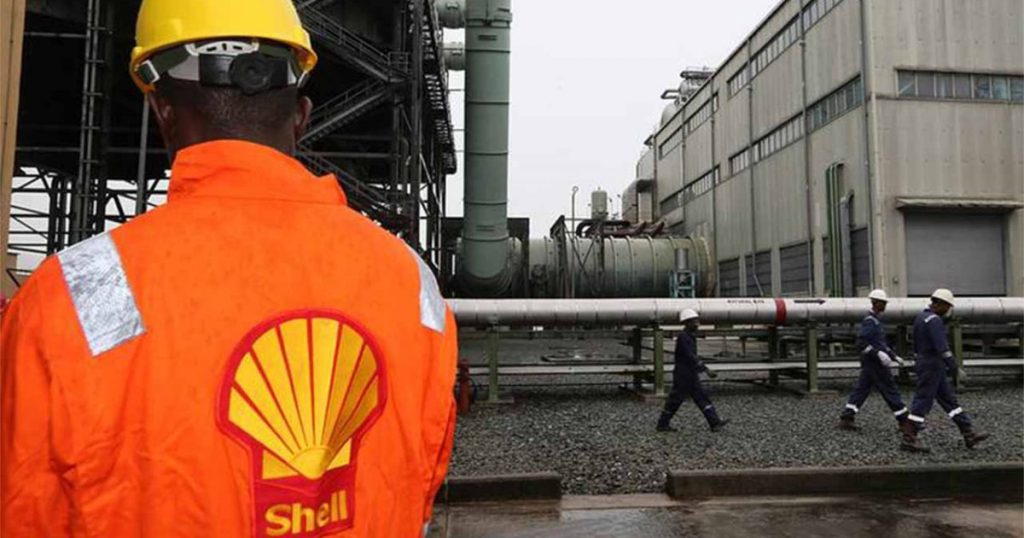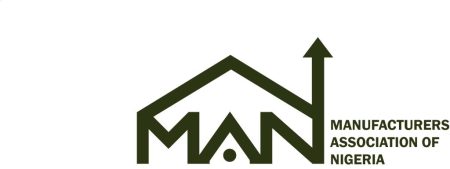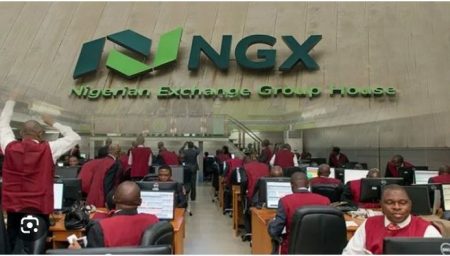The recent decision by the Federal Government of Nigeria to block Shell’s $2.4 billion divestment plan for its onshore oil assets has sparked considerable concern among analysts, who believe this move could significantly hinder investment in the nation’s struggling oil sector. Speaking to Reuters, experts pointed to the mixed signals being sent by the government regarding its commitment to attracting foreign investment, emphasizing that long delays in regulatory approval processes could dissuade potential investors and stifle much-needed economic growth. Under the leadership of President Bola Tinubu, there have been attempts to attract foreign capital into the country, which is essential for revitalizing Nigeria’s economy, currently under severe fiscal stress.
On the surface, these efforts to entice foreign investment come up against actions taken by entities such as the Nigerian Upstream Petroleum Regulatory Commission (NUPRC), which recently surprised the industry by denying approval for Shell’s significant divestment deal with the Renaissance consortium, comprised mostly of local firms. The lack of a detailed explanation for the decision further complicates the situation, leaving many in the industry puzzled about the government’s strategy. This issue is further highlighted by the contrasting experience faced by ExxonMobil, which had to endure a lengthy waiting period of over two and a half years before its onshore asset sale to Seplat Energy was finally approved. These delays draw attention to operational inefficiencies in the approval process and raise alarms for the overall investment climate in Nigeria.
Clementine Wallop, a director for sub-Saharan Africa at Horizon Engage, pointed out that the ongoing challenges of regulatory approvals create a discrepancy between the government’s public stance of promoting a business-friendly environment and the reality of extensive delays that potential investors often encounter. This contradiction impedes President Tinubu’s objectives in drawing significant investments into the country, not just within the oil sector but also across other industries. Meanwhile, Nigeria’s economic recovery continues to lag, particularly in the aftermath of the COVID-19 pandemic, which devastated oil demand, resulting in a noticeable plunge in foreign investment inflows—from $5.3 billion in 2022 to merely $3.9 billion last year, as reported by the National Bureau of Statistics.
The oil assets Shell intended to divest are currently either underperforming or not producing, yet they hold the potential to increase output substantially with fresh investments. The Nigerian government asserts that enhancing oil production is vital to alleviate the current dollar shortages, as the nation’s output remains below the target of 2 million barrels per day (bpd). This shortfall exacerbates economic challenges, notably the revenue depletion that stems from dwindling production volumes. Additionally, a lack of foreign currency and the depreciation of the naira have prompted several multinational corporations, spanning industries beyond oil, to either withdraw from Nigeria or pivot to third-party distribution methods. The situation remains precarious for other major companies, like Procter & Gamble and MTN, which have reported losses attributed to the currency crisis.
In order to entice necessary investments back into the oil sector, analysts recommend expedited regulatory processes, highlighting the need for Nigeria to improve its attractiveness as a destination for international capital. However, addressing regulatory speeds alone might not be sufficient, as systemic issues related to corruption and power shortages also require urgent attention. Ayodele Oni, an energy lawyer with Bloomfield Law Practice in Lagos, stressed the importance of enhancing the regulatory landscape to effectively draw in investment. Tackling these existing problems will be crucial for restructuring Nigeria’s oil and gas sector and revitalizing its economic prospects.
On a more optimistic note, some investors have expressed encouragement regarding the situation. Kola Karim, CEO of Shoreline Energy International, highlighted that the assets acquired by Seplat, although initially labeled as “low-hanging fruit,” have the potential for rapid turnaround and production enhancement. He also noted that recent executive orders, which allowed oil companies to spend up to $10 million without requiring a lengthy tender process, may contribute to expediting project timelines. Karim emphasized that there is an unprecedented alignment between the Nigerian government and oil companies, hinting at a more collaborative future that could pave the way for renewed investment in the energy sector. This positivity, however, needs to be strengthened with actionable reforms to ensure a sustainable and conducive investment climate in Nigeria’s oil industry.













